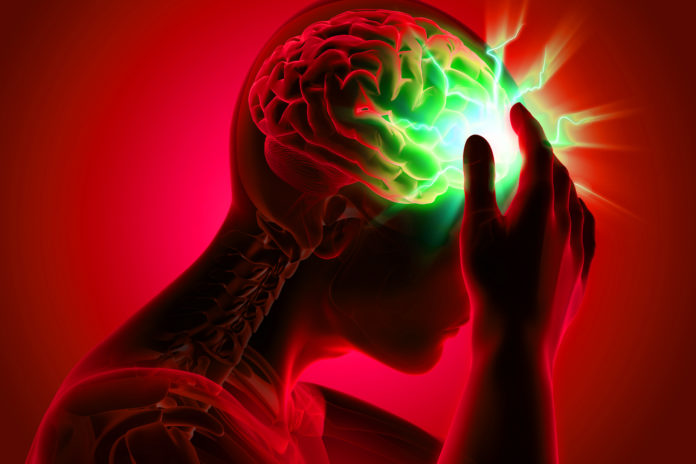Stroke history increases risk of memory loss by 70 percent, a recent stroke could double the risk
Stroke increases the risk of memory loss, shows a new study. People who have stroke are twice as likely to develop dementia, concluded the study that analysed data on stroke and dementia risk from 3.2 million people across the world. It was led by University of Exeter Medical School.
The meta-analysis was undertaken to quantify the degree to which stroke actually increased dementia risk as previous research had already established the link between stroke and dementia. The link between stroke and dementia persisted even after taking into account other dementia risk factors such as blood pressure, diabetes and cardiovascular disease.
According to the World Health Organisation, 15 million people have a stroke each year. Stroke is the second leading global cause of death, accounting for 11% of deaths worldwide. It is a leading cause of death and disability in India too. Meanwhile, around 50 million people globally have dementia – a number expected to almost double every 20 years, reaching 131 million by 2050.
“Given how common both stroke and dementia are, this strong link is an important finding. Improvements in stroke prevention and post-stroke care may therefore play a key role in dementia prevention.”
For the present study researchers analysed 36 studies where participants had a history of stroke, totalling data from 1.9 million people. In addition, they analysed a further 12 studies that looked at whether participants had a recent stroke over the study period, adding a further 1.3 million people.
This new research was published in the journal Alzheimer’s & Dementia: The Journal of the Alzheimer’s Association.
Dr Ilianna Lourida, of the University of Exeter Medical School, said: “We found that a history of stroke increases dementia risk by around 70%, and recent strokes more than doubled the risk. Given how common both stroke and dementia are, this strong link is an important finding. Improvements in stroke prevention and post-stroke care may therefore play a key role in dementia prevention.”
Stroke characteristics such as the location and extent of brain damage may help to explain variation in dementia risk observed between studies. Further research is required to clarify whether factors such as ethnicity and education modify dementia risk following stroke, and also to establish whether differences in post-stroke care and lifestyle can reduce the risk of dementia further.


